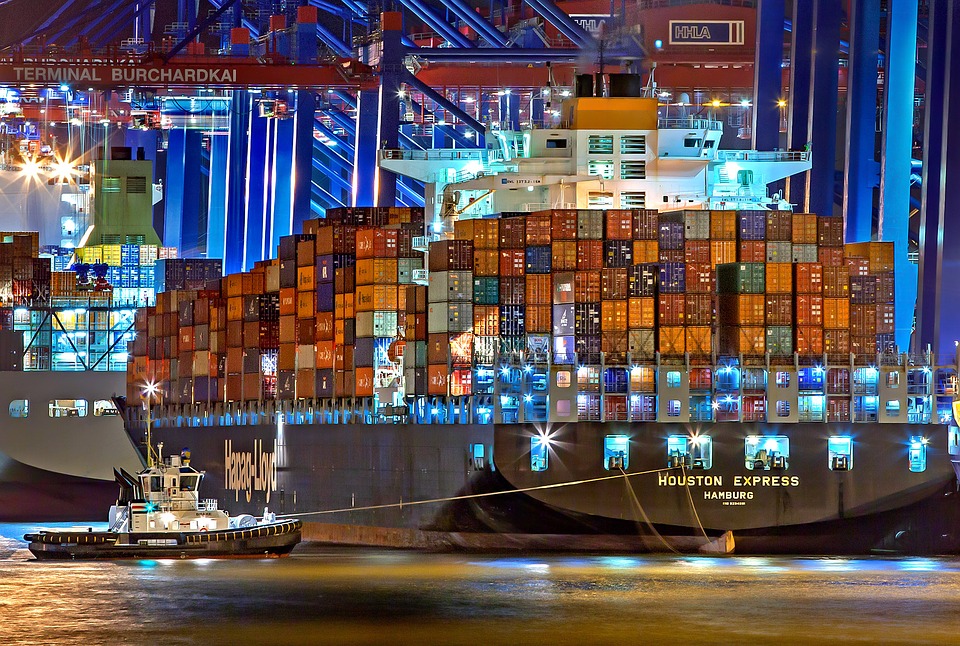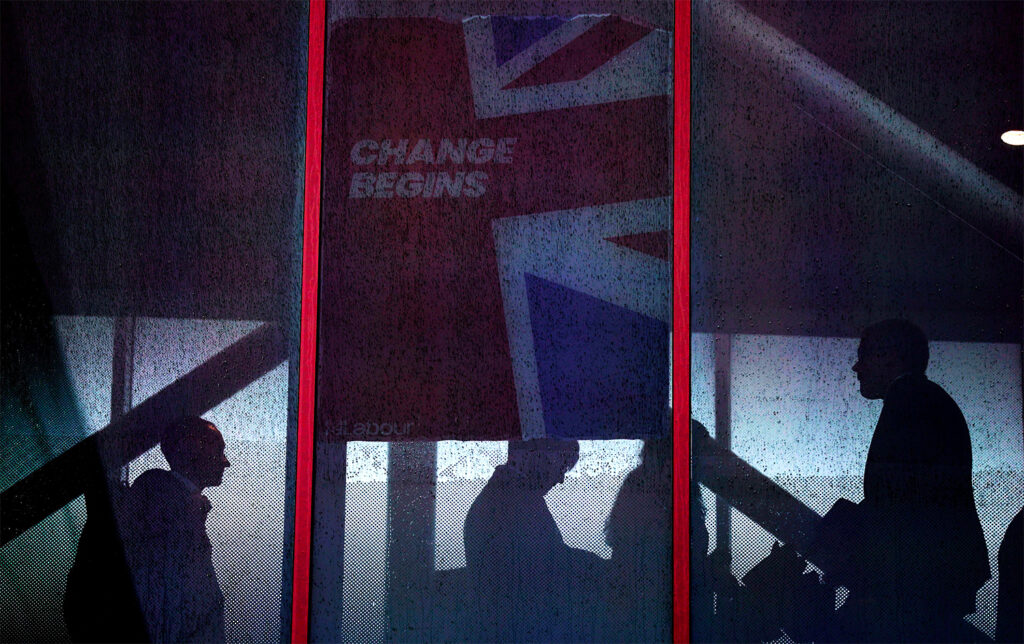By Richard Black, Energy and Climate Intelligence Unit
Shipping has historically been an overlooked sector in discussions around climate change.
This is curious, as shipping accounts for a substantial proportion of global carbon dioxide emissions, at over 3% and growing; if the sector were a country, it would rank as the sixth biggest emitter of CO2 in the world.
The problem is that shipping, including container ships which carry around 80% of global trade, is largely reliant on particularly dirty forms of fossil fuels, collectively known as marine bunkers, which are high in carbon and other pollutants such as sulphur.
But, as shipping is by its nature international, this poses a challenge in allocating emissions to specific countries. And thus it has largely been excluded from negotiations under the UN climate convention, which in 2015 reached the historic Paris Agreement on climate change.
For shipping and its multinational transport twin, aviation, responsibility for addressing emissions was hived off to other international bodies, the International Civil Aviation Organization (ICAO) and the International Maritime Organization(IMO). And both have for years dragged their feet on addressing the issue.
UK leadership
This could be about to change. The IMO, which is based in London, is currently meeting, and on the agenda are proposals to address shipping emissions. With the British government seeking to maintain leadership on tackling climate change, the UK is pushing for 70-100% decarbonisation of shipping by 2050 (based on 2008 levels).
This ambition is in line with the stricter target under the Paris Agreement of maintaining global temperature rises below 1.5C, and sees the UK leading the pack in pushing for more ambitious goals for shipping with select European Union partners such as France, Germany, Netherlands and Belgium. It would also be odd for the UK not to be making a push on shipping given that it is likely this year to ask its statutory advisor, the Committee on Climate Change, for formal guidance on how to achieve net zero emissions nationally.
It is also worth noting that, as well as the EU, the UK is working closely with global partners and small island states, which is important in the run-up to the Commonwealth Heads of Government Meeting (CHOGM), also being hosted later this month by Britain in London and Windsor.
Effectively, the UK Government, led by transport minister Nusrat Ghani, is pushing hard for shipping to switch off fossil fuels within three decades, maintaining the Government’s new-found “green” tinge – even foreign secretary Boris Johnson has weighed in, calling for a ‘cleaner and greener’ shipping industry.
So the ambition is impressive; but is it achievable?
Technology versus politics
In a word, yes. According to technology and policy experts, a combination of hydrogen, wind, and battery power will, over time, replace fossil fuels as the primary means of powering the shipping industry.
Here too, British academics are leading the way; a recent study by University College London and the Lloyds Register for example outlined how the sector can ditch fossil fuels in coming decades. Greening the shipping sector also represents a massive business opportunity for the UK, both through shipping services based in the City, and manufacturing on the South Coast and Britain’s historic dockyards.
But in the talks themselves, technological possibilities are running up against hard politics. Despite the proactive stance of the UK and others, refusenik states are digging their heels in, with even the compromise deal mooted at the IMO talks, of 50% emissions cuts by 2050, being opposed by a group of states including Panama, Brazil and Saudi Arabia.
Even if this compromise were agreed – and it is by no means certain that it will – it would represent a challenge to the Paris Agreement’s stricter 1.5C target. As such it has been vigorously opposed by Pacific and small island states, countries on the front line of climate change which argue that temperature rises above this level represent an existential threat to their homelands.
All this is very familiar to veterans of decades of climate talks, but the lack of progress augurs badly for the series of events targeting climate change later this year, which include CHOGM, then a report by the Intergovernmental Panel on Climate Change (IPCC) on the feasibility of hitting the 1.5C target, and the next round of UN climate talks in Poland in December.
Failure to reach agreement would also be blow to progressive shipping businesses looking to decarbonise, diluting the incentive to develop and market the new technologies that are needed for shipping. So the stakes are high, and the question remains; by the end of this week, will we see shipping set sail for a cleaner, greener future, or remaining in the dirty doldrums?
This article originally appeared on the ECIU website.
Image Credit: Julius_Silver/Pixabay/CC 0 Creative Commons
Subscribe to our newsletter
Stay up to date with DeSmog news and alerts







